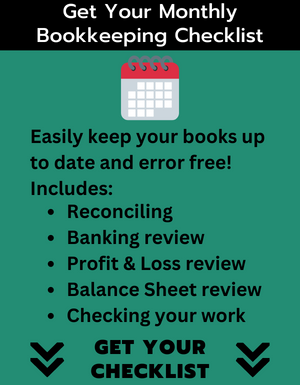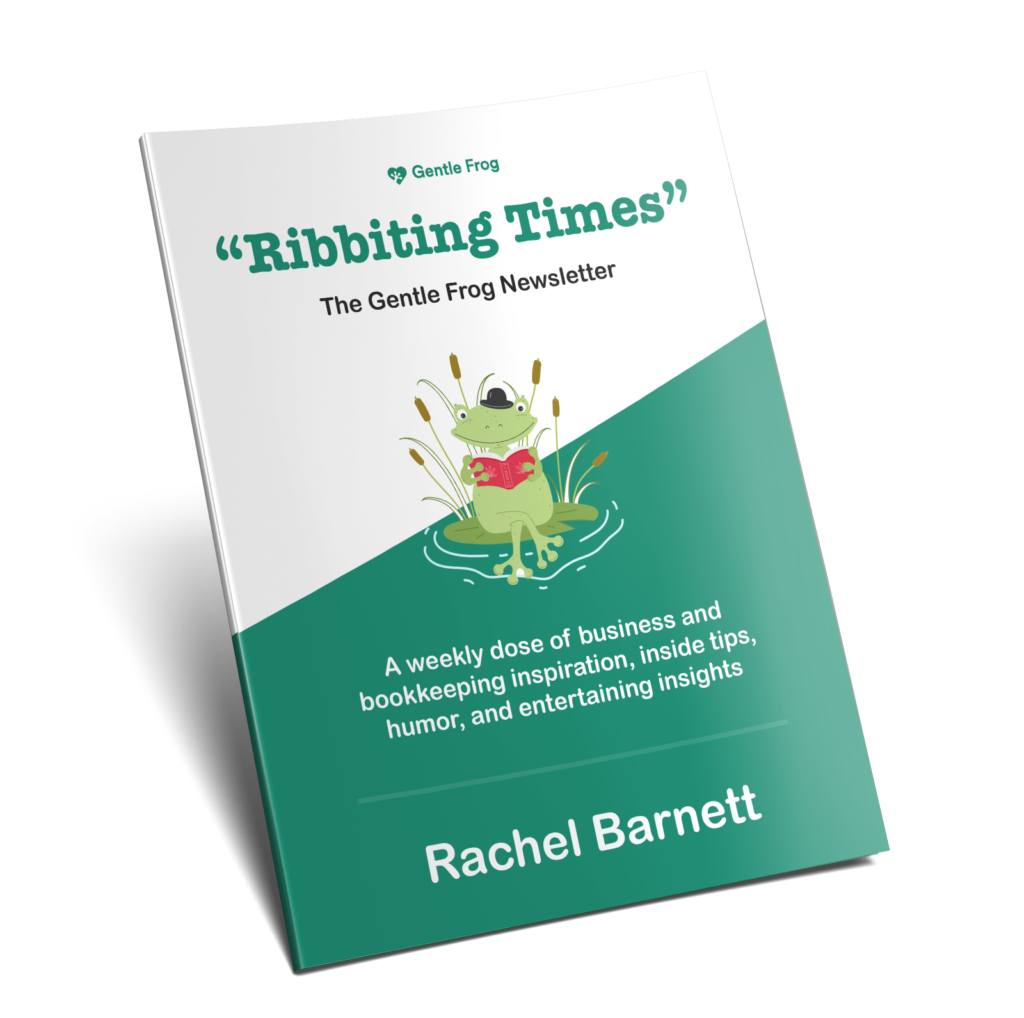Businesses come and go. According to the U.S. Small Business Association two-thirds of businesses with employees survive only 2 years and about half survive at least five years.
If you’re thinking about closing up shop on your own business. Whether you have a sole proprietorship, partnership or corporation you will need to file certain forms with the IRS including filing tax returns for that final year.
IRS regulations and forms can change yearly so to keep this information from going stale I’ll link to the appropriate information from the IRS.
1. File Your Final Tax Return and Forms
For the final year that you do business, even if it’s just for a week within that year, you will need to file tax returns and all related forms.
The types of tax return and forms will depend on the type of business you run.
The IRS has information for each type of business and the tax forms they’re required to file:
- If you have an unincorporated business that you run yourself, check out what’s required for a sole proprietor.
- If your business is a relationship between two or more partners check out what’s required for a partnership.
- If your business has at least one shareholder check out what’s required for corporations, including S corporations.
Most of the forms will have a “final return” or “final” box somewhere on them that you can check to let the IRS know this is the final copy of that form they will be receiving from your business.
2. Employee Taxes
If your business has even one employee you’ll need to provide them with W-2s for the calendar year that you make your final wage payments.
You will also need to make the final federal tax deposits for your employees.
For the calendar quarter that your employees final wages are paid you’ll need file:
- Form 941 Employer’s Quarterly Federal Tax Return or Form 944 Employer’s Annual Federal Tax Return.
- Check the box and enter the date final wages were paid on line 17 of Form 941 or line 14 of Form 944.
- You must also attach a statement to your return showing the name of the person keeping the payroll records and the address where those records are kept.
- Form 940, Employer’s Annual Federal Unemployment (FUTA) Tax Return.
- Check box “d” in the Type of Return section to let the IRS know this form is final.
If your employees received tips file Form 8027, Employer’s Annual Information Return of Tip Income and Allocated Tips.
If you provided your employees with a pension or benefit plan you can find information on terminating your retirement plan.
3. Report Payments to Contract Workers
If you paid any contract workers at least $600 during your final year in business report those payments using Form 1099-NEC, Nonemployee Compensation.
Use Form 1096, Annual Summary and Transmittal of U.S. Information Returns, to send paper copies of all Forms 1099 to the IRS, or you may need to file Forms 1099 electronically.
4. Pay Your Taxes
Pay any taxes that you owe for the final year you do business. The IRS has a Paying Your Taxes page with information on the different ways you can pay.
5. Cancel Your EIN and Close Your Business Account
Finally, to close your business account, you’ll need to send the IRS a letter that includes:
- The complete legal name of your business
- The business EIN
- The business address
- The reason you’re closing the account
If you have a copy of the notice that the IRS issued with the EIN, you should include that with the letter. You can send the letter to the IRS at:
Internal Revenue Service, Cincinnati, Ohio 45999
You will need to file all the appropriate tax returns and pay your taxes before the IRS will close your business account.
6. Keep Your Records
Now that your business is closed that DOES NOT mean you can throw out all your business’ records. You’ll want to hold onto to them for as long as you would if you were still in business.
For information on how long to keep records see my post How Long Should You Keep Financial Records.
I would like to point out out that I am not a tax attorney. You should contact a tax professional if you need help filing your final business tax return and forms. You can also check the IRS’ website for up to date information on what you need to do to properly close your business.
☕ If you found this helpful you can say “thanks” by buying me a coffee…
https://www.buymeacoffee.com/gentlefrog





